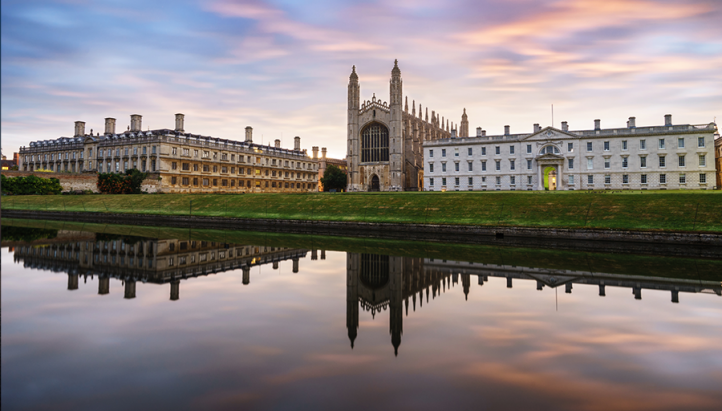In a world where water scarcity is intensifying, the UK’s universities have a crucial role to play.

Universities, as major water consumers, have a substantial responsibility to minimise water usage and embrace sustainable practices. Their position at the forefront of environmental scholarship and innovation should necessitate that their own infrastructure is operated in ways that align with the research they produce. Higher education is also a sector in which the UK has a leading global reputation and represents a key part of the national economy. In this context, there are opportunities for these prestigious institutions to show environmental leadership and further enhance their standing.
Three common challenges in university water conservation
University campuses hold immense potential for implementing water-saving measures that can yield substantial benefits, including reduced water bills, minimized environmental impact, and a smaller carbon footprint. Yet, despite the scope for sizeable consumption reduction, universities face unique challenges in this area:
- Complex infrastructure: University campuses are often composed of numerous buildings, facilities, and infrastructure systems, making water usage management complex. Aging plumbing systems, multiple water sources, and decentralized decision-making can hinder coordinated water-saving efforts.
- Varied water needs: Water consumption patterns vary across different university departments and facilities. Science labs, medical facilities, and sports complexes typically have higher water demands due to specific activities and equipment. Student housing and dining facilities have very different consumption profiles, but still contribute considerably to overall water usage, as showers, laundry, and kitchen operations in these areas require substantial volumes of water.
- Funding constraints: Water conservation initiatives often require upfront investments in infrastructure upgrades, retrofits, and technology installations. Budget limitations can hinder the implementation of more extensive water management systems.
Develop a water management strategy
To overcome these challenges, universities can develop and execute comprehensive strategies – outlining goals, targets, and action plans – for achieving sustainable water management.
Five ideas for effective water management
- Conduct water audits: Identify departments and facilities with the highest water consumption through detailed water audits and data analysis, which can be beneficial for informing strategic targets and detecting leaks.
- Target water-saving measures: Prioritise water-saving measures in areas with the most significant impact on overall consumption. For example: water-efficient fixtures – such as low-flow faucets, showerheads, and water-efficient toilets – reduce water usage in bathrooms and kitchens.
- Explore water storage and recycling: Consider greywater recycling systems, which reuse wastewater from sinks, showers, and washing machines for toilet flushing and irrigation – reducing reliance on freshwater. Attenuation not only helps to reduce flooding, but also reduces peak demand and the need for treatment.
- Embrace technology: Utilise smart leak detection systems and water monitoring tools to identify and address leaks promptly. This will prevent unnecessary water loss and enhance the approach to ideas one and two. Install smart irrigation systems that adjust watering schedules based on real-time weather data and soil moisture conditions. This will minimise water wasted on landscaped areas and sports fields, and recycle the stored water mentioned in idea three.
- Encourage behavioural changes: Promote water-saving practices among students, faculty, and staff through educational campaigns, awareness programs, and incentives.
Conclusion
As high-profile institutions whose students go on to play important roles in all manner of industries and professions around the world, universities can make a vital contribution to addressing the global water crisis and promoting sustainability. By implementing effective water conservation strategies, universities can not only reduce their environmental impact and lower their operational costs, but also serve as role models for sustainable practices in their local communities and beyond.
How Waterscan can help
Waterscan offers a comprehensive suite of ‘water consulting services’. We help non-household customers to develop and implement effective water strategies and meet their reporting and disclosure obligations. Our expertise spans delivery of full water strategy reports, water risk mapping and assessments, and supporting disclosure to ratings bodies, such as CDP. By partnering with Waterscan, organisations can gain a deeper understanding of their water usage and identify opportunities for reducing consumption, as well as enhance their corporate transparency and ESG credibility.
N.B. The information contained in this entry is provided by the above supplier, and does not necessarily reflect the views and opinions of the publisher


